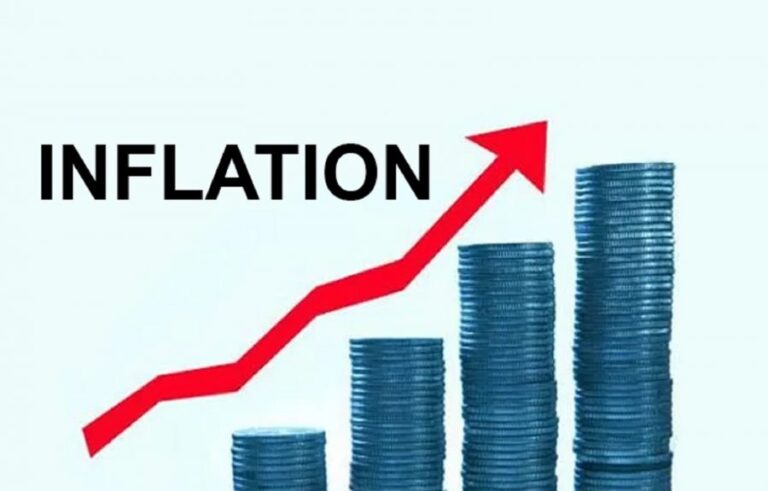The National Bureau of Statistics (NBS) has declared that Nigeria’s inflation rate rose to 25.80 per cent in August 2023.
The inflation rate rose from 24.08 per cent recorded in July 2023.
The NBS made the declaration via its Consumer Price Index (CPI) report for August 2023, released on Friday, September 15.
It noted that the country’s inflation rate was raised by increases in food prices.
The NBS said the significant increase reflects the impact of the removal of petrol subsidy and the devaluation of the official exchange rate on consumer prices.
Month-on-month inflation rose to 3.18 per cent in the review month from 2.89 per cent recorded in the prior month.
On contribution to the year-on-year inflation, food and non-alcoholic beverages (13.36 per cent) contributed the most, followed by housing water, electricity, gas and other fuel (4.32 per cent), and clothing and footwear (1.97 per cent).
On a year-on-year basis, in August 2023, the urban inflation rate was 27.69 per cent. This was 6.73 per cent points higher compared to the 20.95 per cent recorded in August 2022.
The rural inflation rate stood at 24.10 per cent, representing 3.98 per cent points increase compared to the 20.12 per cent recorded in August 2022.
The food inflation rate, however, jumped to 29.34 per cent in August 2023, representing a 2.35 per cent point increase from 26.98 per cent recorded in the previous month and 6.22 per cent points higher than 23.12 per cent recorded in the corresponding period of 2022.
On a month-on-month basis, the food inflation rate in August 2023 was 3.87 per cent. This was 0.41 per cent points higher compared to the rate recorded in July 2023 (3.45 per cent).
The average annual rate of food inflation for the 12 months ending August 2023 over the previous 12-month average was 25.01 per cent, which was a 5.99 per cent points increase from the average annual rate of change recorded in August 2022 (19.02 per cent).
The NBS further stated that all items inflation rate on a year-on-year basis was highest in Kogi State (31.50 per cent), Lagos State (29.17 per cent), and Rivers State (29.06 per cent), while Sokoto State (20.91 per cent), Borno (21.77 per cent), and Nasarawa State (22.25 per cent ) recorded the slowest rise in headline inflation on a year-on-year basis.
The food inflation on a year-on-year basis was highest in Kogi (38.84 per cent), Lagos (36.04 per cent ), and Kwara (35.33 per cent).
Sokoto (20.09 per cent), Nasarawa (24.35 per cent), and Jigawa (24.53 per cent), however, recorded the slowest rise in food inflation on a year-on-year basis.

